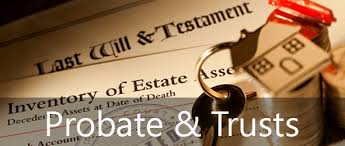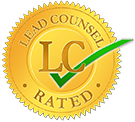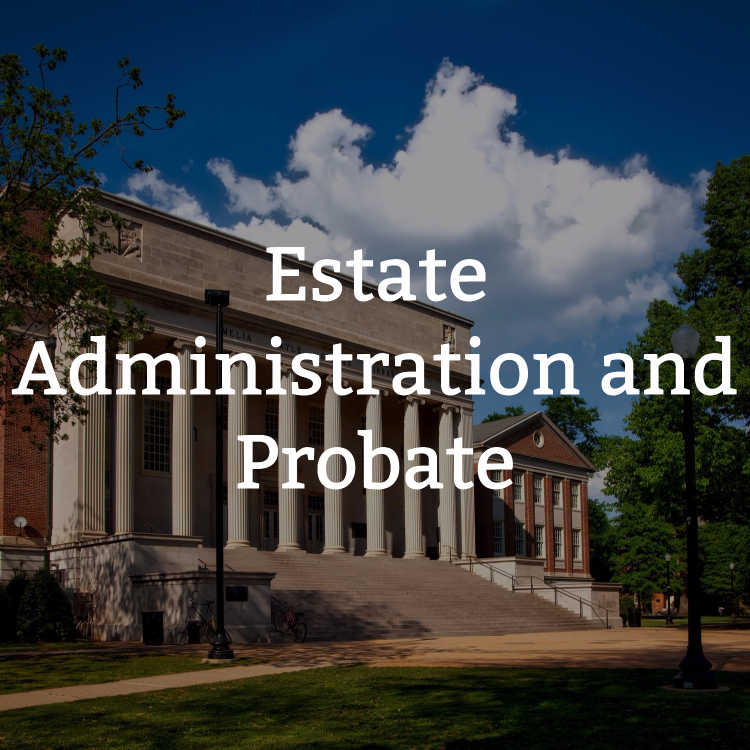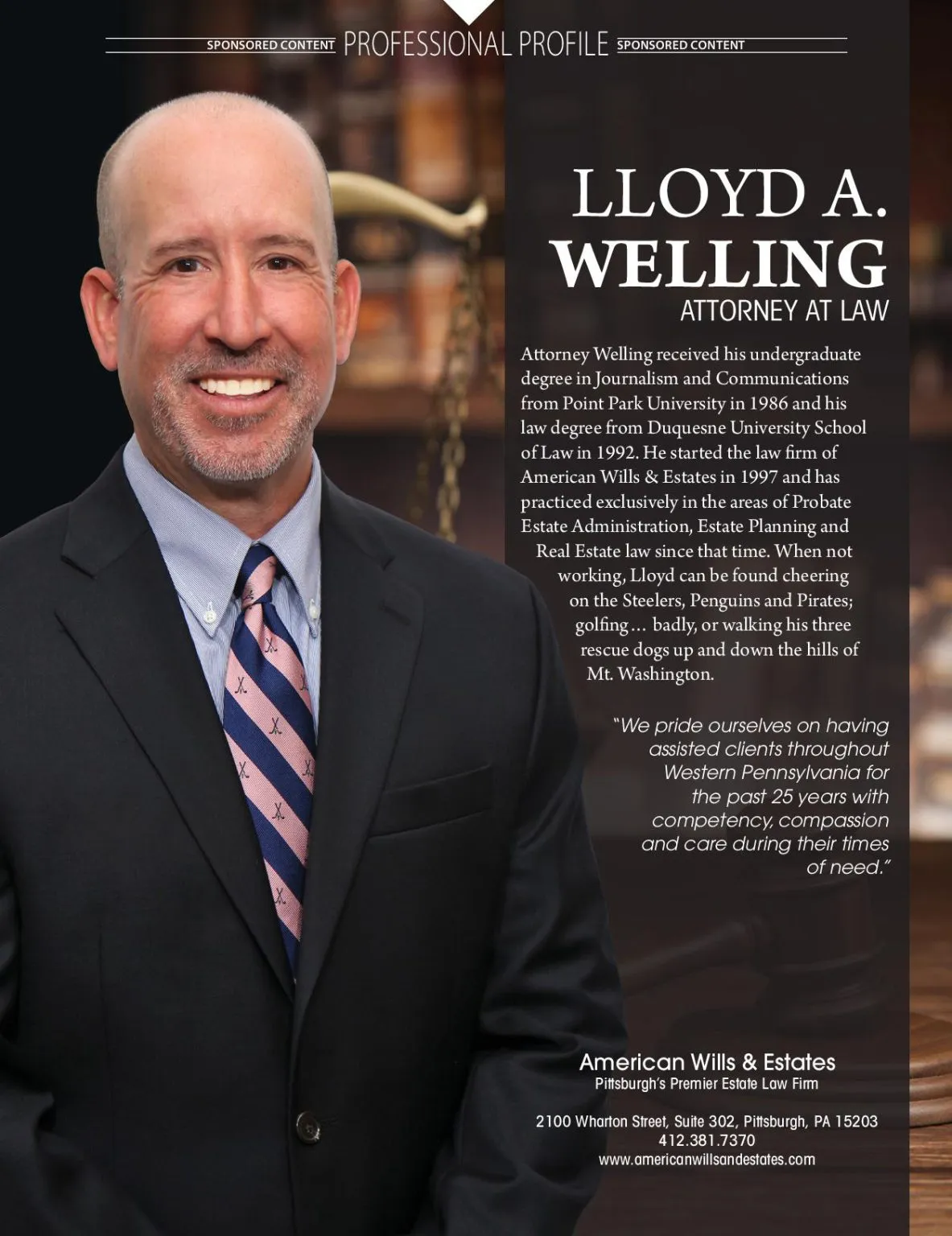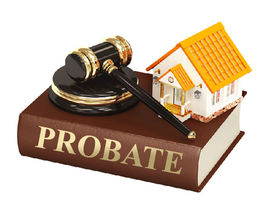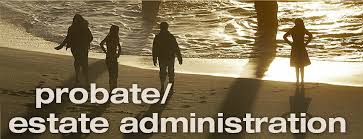A Loved One Has Died, Now What?
Following the death of a loved one, your first and only priority should be on the family and allowing everyone impacted sufficient time to grieve. The administration of the loved one’s estate is important, but should only be addressed when the family as a whole is ready to do so. If your prospective attorney is not sympathetic to this, you should probably look for one that is. Remember this, you can’t even begin to undertake the probate estate administration process until you have death certificates in hand anyway so there is simply no need to try to rush the process.
Gather the Important Papers and Personal Effects
If you haven’t already done so, determine whether the decedent left a Last Will and Testament and locate the original document. If there is no Will, there is no need to panic. The process is still the same, but the legal terminology will change just a bit. If the Will is in a safe deposit box, you are probably going to need the assistance of a lawyer pretty quickly in order to obtain same. Often, some kind of court order is necessary to allow access to the box. You also want to try to gather as many of the decedent’s financial documents as you can locate. Remember, probate is all about marshaling and protecting the assets. It’s also a good idea to have the decedent’s mail forwarded to the Executor or Administrator’s address. Keep an inventory of everything you find and do. This will be invaluable to the attorney you ultimately retain to assist you.
Did the Decedent Own a Home or Other Real Estate?
Any property that the decedent may have owned cannot be sold or transferred until the probate process has been initiated and an Executor or Administrator has been appointed. However, is such property is ultimately going to be sold, it’s never too early to begin the process of trying to get same cleaned up and ready to be put on the market. This is never a fun task and sometimes businesses that specialize in organizing and holding estate sales can prove to be invaluable in helping you with this task.
Death Certificates, How Many Will I Need?
Remember, when talking to the funeral director about ordering death certificates it’s always a good idea to order a few more than you think you might actually need. Even for very small estates we usually counsel our clients to order at least 10 to 15 certificates. For larger estates, that number can very often double. You receipt of the certificates will typically trigger your need to begin the estate administration process. Probate is a formal process and getting the advice of an experience and skilled estate lawyer is generally a very good idea. Once you’ve scheduled to meet with a lawyer, make sure you bring all of the documents you’ve have been able to locate and gather and, most importantly, bring the Will if there is one and the certificates. Also, keep in mind that most estate lawyers will provide a free legal consultation. If they’re not willing to do so, they’re probably not the right choice for you anyway.
Petitioning for Probate
The initial steps for formally opening the estate will be undertaken in the probate court located in the county where the decedent resided at the time of his or her death. This is the process by which the Executor (if there is a Will) or the Administrator (if there is no Will) will be appointed to serve as the Personal Representative of the estate. Until the estate is actually opened, the Executor or Administrator have no actually legal authority with respect to administering the estate.
Should I Have an Estate Sale?
The distribution of many of the decedent’s personal effects, i.e. jewelry, furniture, etc. is often done informally amongst the family members. However, once everyone has had a chance to take or receive those items that they’d like to keep, the Executor is still often left with a house full of personal effects that need to be disposed of. As I mentioned above, this is often time where a company experienced in setting up and holding an estate sale can come in quite handy. Make sure you try to keep track of who has received what just in case any fights or disputes arise later. If the remaining personal effects don’t have sufficient value to justify holding an actual estate sale, outfits like Goodwill and the Salvation Army can also come in handy.
Sale of the Home and Other Real Estate
First you’ll need to determine if the real estate is going to be sold or whether it might actually remain in the family. Keep in mind that often times the real estate comprises the primary value of a decedent’s estate. Sometimes the family might want to keep the property, but to do so may be impractical if the decedent had a number of outstanding creditors and debts that will need to be addressed. It is precisely situations like these where the advice of a skilled estate lawyer can be so very important. If the property is ultimately sold, the proceeds obtained from same will need to be put into an estate bank account until all of the other issues surrounding the administration of the estate have been resolved. As noted, some of these issues involve the resolution of debts that the decedent may have had as well as the payment of any inheritance or estate taxes that the estate may be subject to. Again, it is matters like these where having a good attorney becomes so important.
Does the Decedent Have Creditors and, if so, Who Gets Paid What?
Part of the probate process is determining whether or not the estate has to pay back creditors and, if so, in what order and in what potential amounts. You’ve probably seen estate advertisements or notices in the classifieds of your local newspaper. These ads are run precisely to notify and put any creditors that the decedent may have had on notice of the death and the fact that an estate has been opened. Any and all claims of creditors must be resolved before any distribution of the estate assets can take place. Remember, don’t start handing out the money and then find out that you might need to ask for it back later if a number of creditors come out of the woods so to speak.
Cash Needs of the Estate and is there Sufficient Liquidity?
Often times during the administration of an estate certain assets such as real estate, bank accounts, stocks or other holdings may need to be liquidated to cover the costs and expenses that are typically incurred during the process. Such expenses may include probate costs and filing fees, attorneys fees, personal federal and state income taxes, inheritance or estate taxes, real estate commissions and a number of other such things. Remember, the estate will not be in a position to be closed and the assets distributed until all such matters have been resolved and satisfied.
Being the Executor or Administrator
While it is certainly an honor to be named as the Personal Representative of a loved one’s estate, keep in mind that it is a job as well. You will have a fiduciary obligation and duty to the heirs that will require that you act in a diligent, responsible and informed manner. Should you stray from duties, you could be held personally liable for any errors or mistakes that you may make during the administration process. This is probably the single biggest reason to seek out and find skilled legal advice.
If you have further questions or we can be of further assistance to either you or your family, please give us a call today at 412-381-7370. We have been assisting clients throughout Western Pennsylvania through the estate planning and probate estate administration process with competency, compassion and care for over 25 years. We offer free legal consultations and home, hospital and office visits are available upon request.

